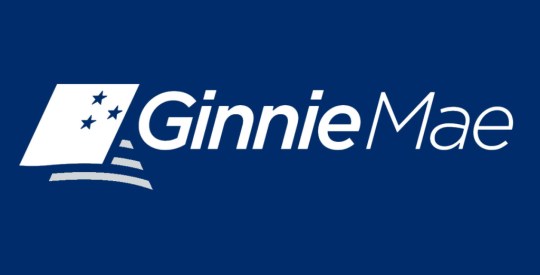The housing industry and market analysts gave mixed reactions to the mortgage refinance plan announced Wednesday by the Obama administration.
Meanwhile top Republicans say the plan is essentially “dead on arrival” in the House, meaning underwater borrowers of non-GSE loans will likely have to hang on until after the November elections. Investors in securities backed by high-interest mortgages should be relieved of any massive prepayment wave until then as well.
Department of Housing and Urban Development Secretary Shaun Donovan said the bill would essentially shift the decisionmaking almost entirely to the homeowner when it comes to refinancing.
“In the end, what the president wants to do is give families the choice, to give them the power to make the decision. The bank will have no ability to say no to homeowners if we get this bill passed and get this program established,” Donovan said.
Rep. Spencer Bachus, R-Ala., chairman of the House Financial Services Committee claims the program would unnecessarily shift risk to the Federal Housing Administration.
However, Donovan and the White House said lenders will be required to reduce the principal on mortgages with loan-to-value ratios above 140% before the new loan is refinanced into an FHA one. And the plan sets up a separate FHA fund for the program that would not impact its overall capital ratio, which slid to 0.2% last year.
Still, Bachus said the program doesn’t do enough.
“This is not a serious plan to help the nation’s housing market. This is just more of the same from an administration that offers expensive program after expensive program, none of which have worked to help struggling homeowners,” Bachus said. “President Obama is proposing to get out of the hole we’re in by digging deeper.”
The pilot program to begin selling government-owned REO in bulk is gaining more approval. Sen. Jack Reed, D-R.I., said it hopefully will begin moving faster in the months ahead.
“Instead of letting these homes sit vacant and drag down neighboring property values, lets give families the chance to move in, pay rent and be good neighbors,” Reed said.
Mortgage Bankers Association CEO David Stevens, meanwhile, backed the new initiatives, especially the “homeowner bill of rights,” which could translate into a national mortgage servicing standard.
“MBA agrees that a single national set of standards can help provide confidence and certainty in the real estate market for borrowers, lenders and servicers alike,” Stevens said. “I want to commend the administration for recognizing that more can be done get our housing market on track. The programs announced today will give lenders and other stakeholders additional tools to help borrowers and foster a renewed confidence in our real estate finance system.”
But Anthony Sanders, an economist at George Mason University, said like other refinancing programs before it, the result simply shifts the savings to borrowers from MBS investors.
“So, will a wealth redistribution of $5 billion to $10 billion revive the housing market? It is highly doubtful,” Sanders said. “Will it lower defaults? It will not lower defaults in any meaningful way. To be sure, the borrowers that receive the lower interest rates will be happy, but they should ask their neighbors if they want to pay for it.”
Jaret Seiberg, an analyst at Guggenheim Partners in Washington, said by mitigating risks for the FHA, the program becomes too complicated to be effective.
“The plan is getting more complicated and harder to implement,” Seiberg said. “That means that it would produce fewer refinancings than we previously thought and offer less benefit to the economy and to the banks.”
Donovan said the proposed program expands the universe of eligible borrowers from the 11 million underwater borrowers potentially eligible for the updated Home Affordable Refinanced Program by 3.5 million.
Banking analysts at JPMorgan Chase (JPM) pointed out the administration did not mention changes to mortgage insurance premiums on the new FHA loan. If there are no changes, then investors in higher-rate Ginnie Mae securities — which contain FHA loans — could be spared if there are not changes to the structure.
“We had anticipated changes to the FHA program, though we thought that perhaps the MIPs would be grandfathered for seasoned borrowers who currently pay a lower MIP (e.g. borrowers pre-October 2010 pay a MIP of only 55bp, but would have to pay roughly 110bp if they refinanced.),” the Chase analysts said.
Still, the refinancing proposal lands squarely in the debate that has Washington in a gridlock. Can the government induce a recovery in housing? Donovan said Congress “should not sit on its hands” if there something it can do especially for borrowers who have remained responsible this long.
Sanders said, in the end, the market itself will eventually have to find its own solution and that forcing banks to pay for such a program will only transfer that payment to other borrowers.
“The bank tax will simply get passed through to consumers in the form of higher fees,” Sanders said. “Like in Jurassic Park, ‘Markets will find a way’ to pass the additional costs on to consumers.”
Brian Montgomery, chairman of the financial advisory firm the Collingwood Group and former FHA commissioner, said the plan “appears to be the right and proper thing to do. However it remains to be seen the level of participation (and degree of congressional acceptance) and ultimately what cost, if any, to the taxpayers — most of which have grown weary of the nagging housing crisis.”



